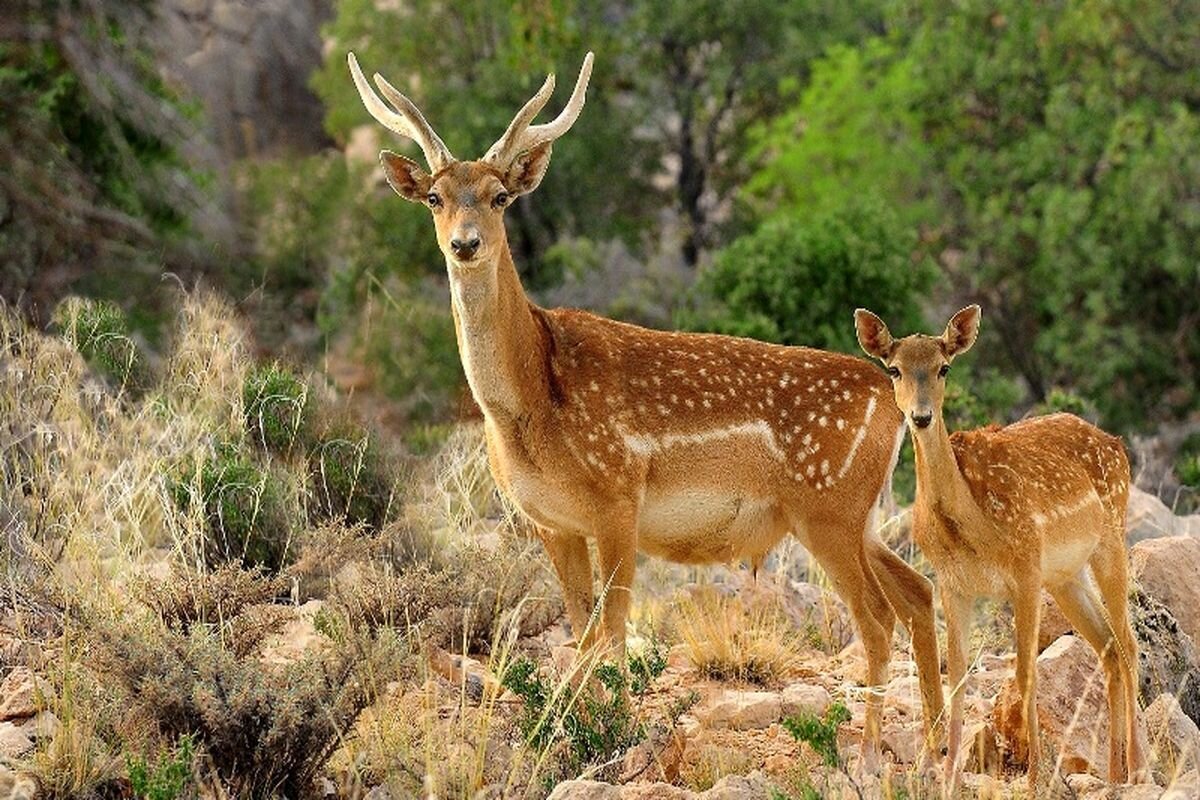From Agreement to Action: rebuilding biodiversity

TEHRAN – ‘From Agreement to Action: rebuilding biodiversity’ is the theme chosen in 2023 to celebrate World Biodiversity Day.
The aim is to stimulate in particular practical reflection on possible future scenarios by leveraging the concept of "reconstruction".
It is not enough to protect the natural heritage of ecosystems. We must also engage in the regeneration of damaged or threatened environments.
In this regard, November 3rd has been designated as the "International Day for Biosphere Reserves".
The purpose of this international day is to promote the activities of Biosphere Reserves that aim to reconcile the conservation of ecosystems with their sustainable use (human society co-existing with nature) in a framework of the Man and Biosphere (MAB) Program.
Biosphere Reserves are protected areas, meant for the conservation of plants and animals. Not just the flora and fauna, but human beings also depend on these protected areas for their livelihood activities.
So far 553 biosphere reserves have been recorded in 107 countries.
Alireza Najimi, an official with the Department of Environment, said the theme of the 10th South and Central Asian Biosphere Reserve Network Meeting (SACAM) held in Chennai, India from November 1-3, was “Ridge to Reef” with a focus on ecosystems and climate resilience, ISNA reported.
“A national report of the country's biosphere reserves was presented; the report included introducing thirteen types of protected sites, programs, capacities, and challenges and the priority of developing the protected networks of biosphere reserves, the future internal and transboundary protected sites, and mountain glaciers of the country that are at risk due to the impact of climate change. Also, the expansion of collaborative approaches including Participatory Geographical Information System (PGIS) was highlighted.”
He added preserving biodiversity is essential not only in biosphere reserves but also in all natural areas since it leads to the preservation of genetic reserves.
On the other hand, due to the global importance and values of biosphere reserves the importance of biodiversity protection doubles.
Also, in biosphere reserves, in addition to preserving biodiversity, preserving the cultural and social diversity of native people and local communities is also very important.
Najimi said, “Getting local communities involved in most of the reserve sites, especially the wetland sites in the form of management plans, allocating a credit line for two biosphere reserves including Dena and Golestan to strengthen the protection of biodiversity, creating a collaborative management structure at provincial levels, in three reserves, to consolidate provincial capacities in the sustainability of biodiversity, are among taken actions regarding the preservation of the biosphere reserves.”
The three reserves include the Golestan Biosphere Reserve Steering Council, Miankaleh Biosphere Reserve Steering Council, and Urmia Lake Restoration Headquarters.
However, there are other measures that need to be taken for the conservation of biospheres such as creating a cooperative management structure in all reserve sites, creating an organizational chart in the environmental organization, allocating a budget line for the implementation of the reserve management plan, creating a legal basis for reserve management, compiling a reserve management plan based on the Lima 2016-2025 action, which contains a comprehensive set of actions aimed at ensuring the effective implementation of the MAB Strategy, he added.
Najimi went on to say, “One of the goals of creating biosphere reserves is to use people's capacities and their interaction in the management of the region by providing the livelihood of local communities.
In fact, biosphere reserves become meaningful with the presence of people who, in addition to protecting the region, benefit from it.”
